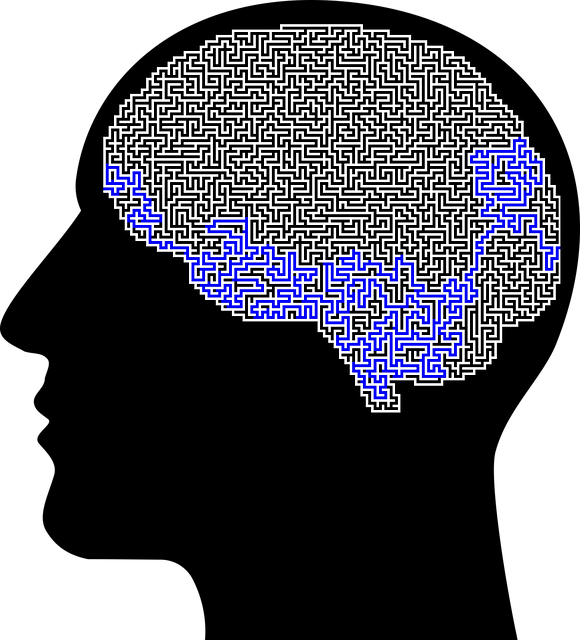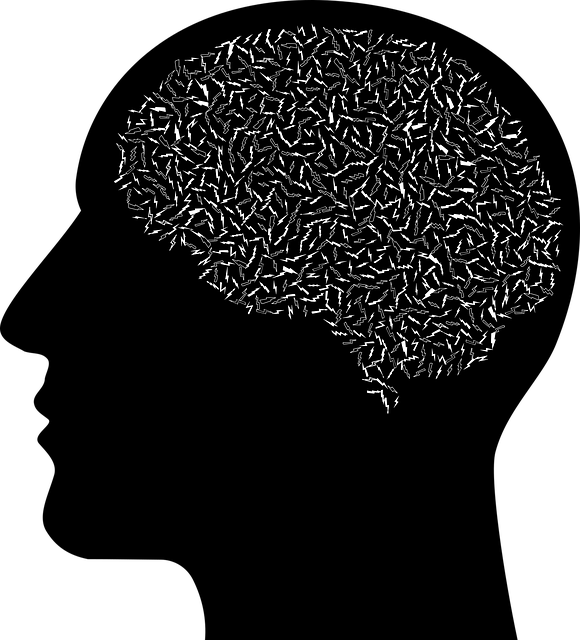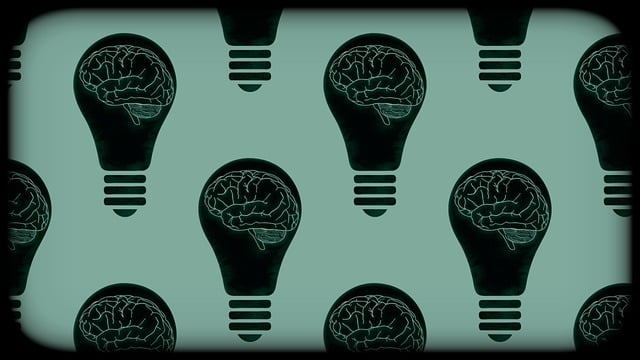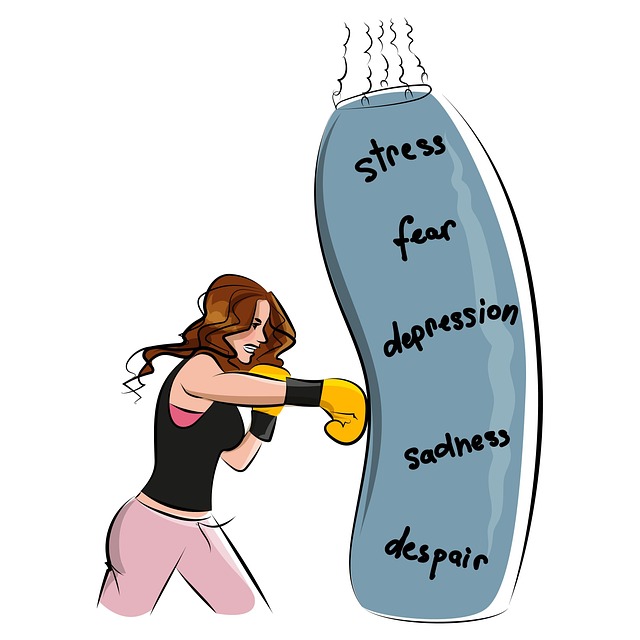The media's portrayal of mental illness significantly shapes public understanding and perceptions. Inaccurate or stereotypical depictions can perpetuate stigma, while authentic representations like Golden Pain Management Therapy (GPMT) educate audiences, foster empathy, and initiate conversations about recovery. GPMT offers a holistic approach to emotional well-being through evidence-based practices, challenging the stigma surrounding mental illness by emphasizing resilience and belonging. By showcasing diverse narratives of individuals facing and overcoming mental health issues, including burnout, media can destigmatize these conditions and encourage help-seeking behaviors.
In an era where media plays a pivotal role in shaping public perception, accurate representation of mental illness is crucial. This article delves into the profound impact of media on mental health attitudes, exploring how stereotypes and narratives influence societal understanding. We present innovative solutions like Golden Pain Management Therapy, offering alternative approaches to combat stigma. By highlighting diverse stories and implementing strategic positive representation, we can foster empathy and challenge preconceived notions, ultimately improving support for those grappling with mental health issues.
- Understanding the Impact of Media Portrayal on Mental Health Perception
- Golden Pain Management Therapy: A Novel Approach to Addressing Stigma
- Identifying Stereotypes and Their Consequences in Mental Illness Depictions
- The Power of Diverse Narratives: How Stories Can Change Minds
- Implementing Effective Strategies for Positive Media Representation
Understanding the Impact of Media Portrayal on Mental Health Perception

The media’s portrayal of mental illness can significantly shape public perceptions and understanding of various conditions. Often, stereotypical or inaccurate depictions in films, television shows, and news articles contribute to the stigma surrounding mental health issues. This representation can either perpetuate harmful myths or, conversely, educate audiences and foster empathy. When media portrays mental illness accurately, it has the potential to initiate important conversations, encourage support for those affected, and promote a more inclusive society.
A responsible and sensitive depiction of mental health struggles can lead to increased awareness and acceptance. For instance, showcasing characters navigating depression or anxiety through Golden Pain Management Therapy, while emphasizing the importance of resilience building and emotional intelligence, can offer viewers a glimpse into the complexity of these experiences. Such positive representations encourage people to view mental illness as manageable and offer hope for recovery, fostering an environment where individuals feel empowered to seek help without fear of judgment.
Golden Pain Management Therapy: A Novel Approach to Addressing Stigma

Golden Pain Management Therapy (GPMT) offers a fresh perspective on tackling the stigma surrounding mental illness by focusing on a holistic approach to emotional well-being promotion techniques. This novel therapy recognizes that managing mental health issues goes beyond treating symptoms; it involves nurturing resilience and fostering a sense of belonging. By integrating various evidence-based practices, GPMT aims to empower individuals to navigate their emotional landscapes effectively.
The therapy’s innovative strategy includes tailored interventions for anxiety relief, stress management, and building supportive social networks. Through its comprehensive approach, GPMT challenges traditional mental health policy analysis and advocacy by encouraging active participation in one’s healing process. By adopting this empowering model, the therapy seeks to revolutionize the way we perceive and support individuals struggling with mental illness.
Identifying Stereotypes and Their Consequences in Mental Illness Depictions

Media representations of mental illness often perpetuate harmful stereotypes that can shape public perception and influence how individuals with these conditions are treated. Common tropes include portraying people with mental health issues as violent, unpredictable, or completely broken, ignoring the complexities of their experiences. These stereotypes have severe consequences, fostering stigma and isolation among those affected. They may discourage individuals from seeking help, fearing judgment or misunderstanding.
For instance, showing characters with depression as merely sad or anxious without exploring the underlying factors contributes to a one-dimensional view. Similarly, presenting schizophrenia as always leading to violent outbursts is inaccurate and misleading. A more nuanced approach, such as that offered by Golden Pain Management Therapy, can help. By organizing stress management workshops and community outreach programs, initiatives aimed at educating the public about mental health can challenge these stereotypes, fostering empathy and support for those dealing with these conditions.
The Power of Diverse Narratives: How Stories Can Change Minds

The media has long played a significant role in shaping societal perceptions of mental health, often perpetuating harmful stereotypes and misconceptions. However, an exciting shift is occurring as diverse narratives begin to take center stage, challenging these outdated representations. By showcasing authentic stories of individuals with mental illnesses, including their struggles and triumphs, media can humanize these experiences and foster empathy among viewers. This approach is transformative, as it moves beyond the one-dimensional portrayals that have dominated screens for too long.
Incorporating a variety of voices and perspectives in storytelling allows audiences to connect with people from different backgrounds who grapple with mental health issues. For instance, Golden Pain Management Therapy can be effectively promoted through narratives that depict its role in helping individuals manage conditions like burnout, which is a prevalent issue among healthcare providers. Burnout prevention strategies and coping skills development are essential components of these stories, demonstrating the practical applications of therapy while inspiring viewers to seek support or encourage others to do the same.
Implementing Effective Strategies for Positive Media Representation

Media representation plays a pivotal role in shaping societal perceptions about mental health. To challenge negative stereotypes and promote understanding, it’s essential to implement effective strategies for positive media representation. One such approach is highlighting successful recovery stories, showcasing individuals who have overcome mental illness through innovative therapies like Golden Pain Management Therapy. This not only inspires hope but also educates audiences on the availability of effective treatments.
Additionally, focusing on burnout prevention, mood management, and confidence boosting techniques can provide valuable insights for viewers. By presenting diverse narratives that emphasize resilience and personal growth, media platforms can foster a more compassionate and informed society. These strategies collectively contribute to destigmatization, encouraging open conversations about mental health and prompting individuals to seek the help they need.
Mental illness representation in media plays a pivotal role in shaping public perception and understanding. By challenging stereotypes and promoting diverse narratives, we can foster more empathetic and accurate portrayals. The article has highlighted the impact of media on mental health stigma, introducing innovative solutions like Golden Pain Management Therapy. It is essential to implement effective strategies for positive representation, ensuring that media serves as a powerful tool to educate and destigmatize mental illness, ultimately leading to better support systems and improved mental well-being for all.














